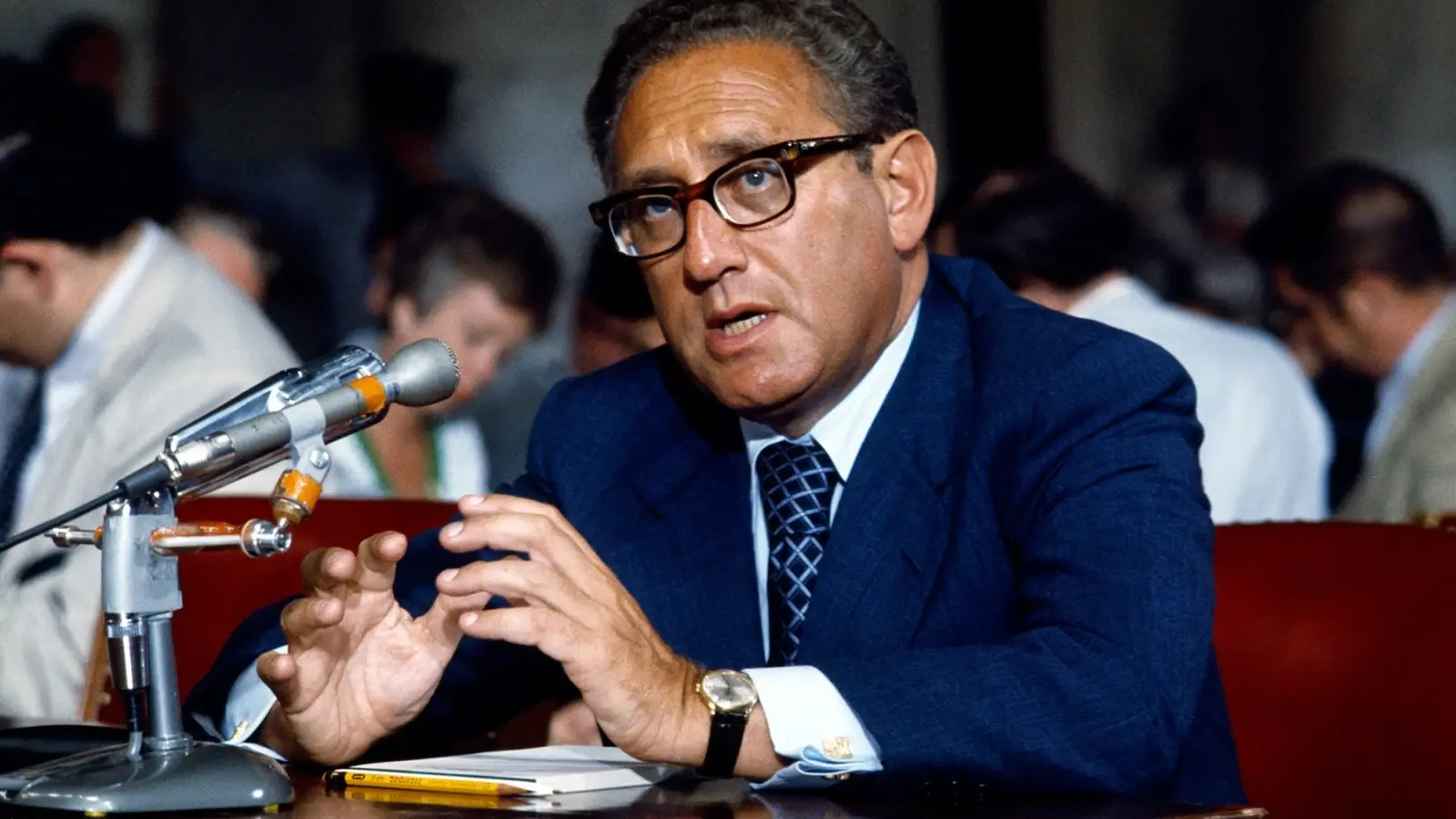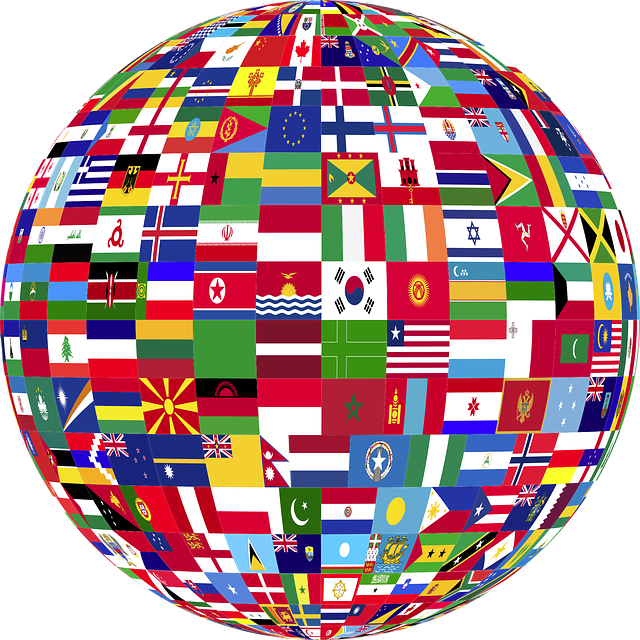- cross-posted to:
- socialism
- usa@lemmy.ml
- news
- USpolitics@kbin.social
- brainworms@lemm.ee
Henry Kissinger has died at age 100, his consulting firm said in a statement on Wednesday… The Yale University historian Greg Grandin, author of the biography Kissinger’s Shadow, estimates that Kissinger’s actions from 1969 through 1976, a period of eight brief years when Kissinger made Richard Nixon’s and then Gerald Ford’s foreign policy as national security adviser and secretary of state, meant the end of between three and four million people. That includes “crimes of commission,” he explained, as in Cambodia and Chile, and omission, like greenlighting Indonesia’s bloodshed in East Timor; Pakistan’s bloodshed in Bangladesh; and the inauguration of an American tradition of using and then abandoning the Kurds.
“The Cubans say there is no evil that lasts a hundred years, and Kissinger is making a run to prove them wrong,” Grandin told Rolling Stone not long before Kissinger died. “There is no doubt he’ll be hailed as a geopolitical grand strategist, even though he bungled most crises, leading to escalation. He’ll get credit for opening China, but that was De Gaulle’s original idea and initiative. He’ll be praised for detente, and that was a success, but he undermined his own legacy by aligning with the neocons. And of course, he’ll get off scot free from Watergate, even though his obsession with Daniel Ellsberg really drove the crime.”
The full article is quite long - Kissinger lived for 100 years. But here are a couple of excerpts:
In 1968, Lyndon Johnson agreed to peace negotiations with the North Vietnamese in tacit recognition of the nightmare he, building on the works of his two immediate predecessors, brought to life in Vietnam. Kissinger, an influential Cold War defense intellectual at Harvard, had access to members of the diplomatic delegation to the Paris talks. He used it to feed information from the negotiations to Richard Nixon’s presidential campaign — a campaign whose defeated GOP rival, Nelson Rockefeller, Kissinger advised — and despite Kissinger’s closer political ties to the coterie around Hubert Humphrey, Nixon’s Democratic rival.
Nixon ran for president claiming to have a secret plan to end the war. His advisers told Hersh they were deeply afraid that Johnson and Hanoi would reach an accord before the election. It would save lives in Vietnam, American and Vietnamese, but it would undermine Nixon’s hopes of exploiting the explosion in domestic antiwar sentiment. Nixon gratefully took what Kissinger gave him to make the U.S.’ proxy regime in Saigon, whose regime peace would destabilize, more intransigent. No agreement was reached until 1973, and the war ended in American humiliation with Hanoi’s 1975 victory.
“It took some balls to give us those tips,” Richard Allen, a foreign policy researcher on the Nixon campaign, later reflected to Hersh. After all, it was “a pretty dangerous thing for [Kissinger] to be screwing around with the national security.” Every single person who died in Vietnam between autumn 1968 and the Fall of Saigon — and all who died in Laos and Cambodia, where Nixon and Kissinger secretly expanded the war within months of taking office, as well as all who died in the aftermath, like the Cambodian genocide their destabilization set into motion — died because of Henry Kissinger. We will never know what might have been, the question Kissinger’s apologists, and those in the U.S. foreign policy elite who imagine themselves standing in Kissinger’s shoes, insist upon when explaining away his crimes. We can only know what actually happened. What actually happened was that Kissinger materially sabotaged the only chance for an end to the war in 1968 as a hedged bet to ensure he would achieve power in Nixon’s administration or Humphrey’s. A true tally will probably never be known of everyone who died so Kissinger could be national security adviser.

"Once you’ve been to Cambodia, you’ll never stop wanting to beat Henry Kissinger to death with your bare hands. You will never again be able to open a newspaper and read about that treacherous, prevaricating, murderous scumbag sitting down for a nice chat with Charlie Rose or attending some black-tie affair for a new glossy magazine without choking.
“Witness what Henry did in Cambodia—the fruits of his genius for statesmanship—and you will never understand why he’s not sitting in the dock at The Hague next to Milošević.”Antony Bourdain, 2001


